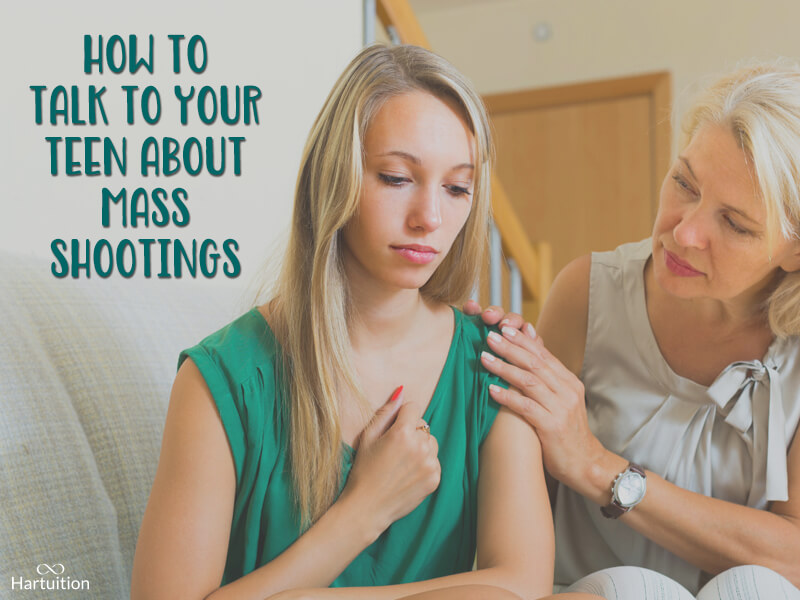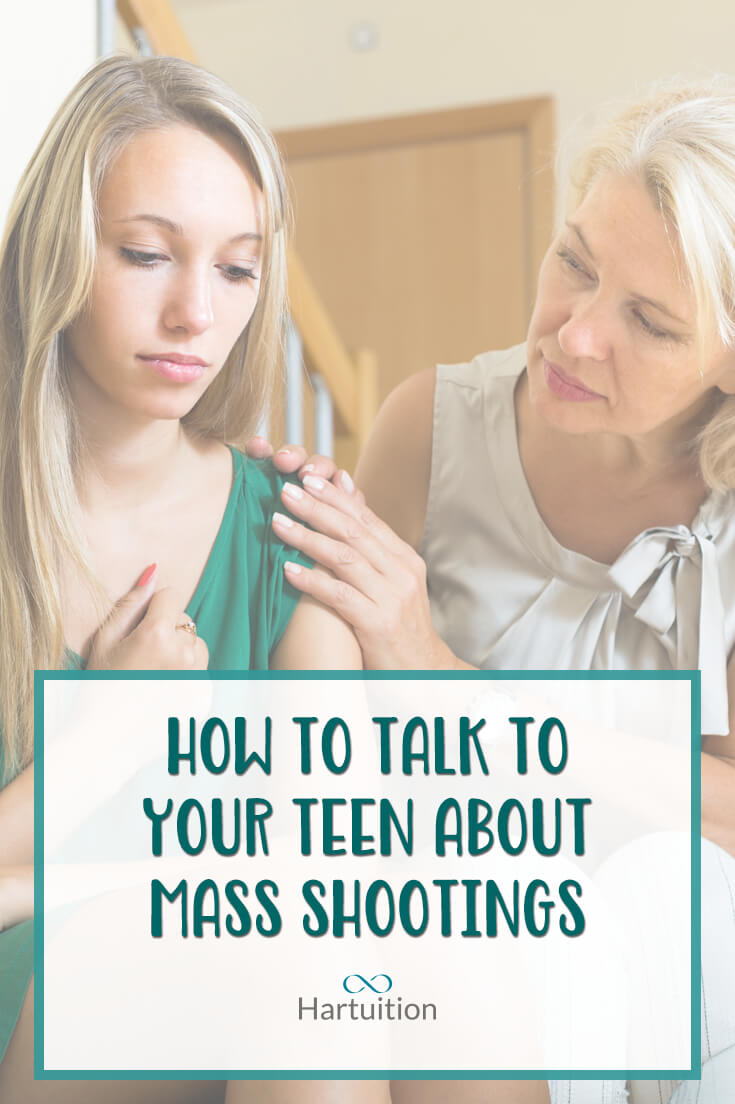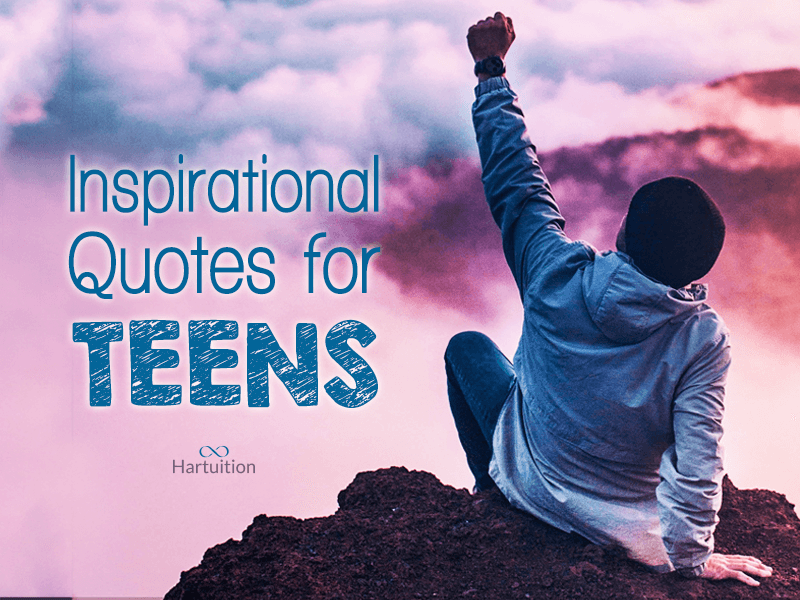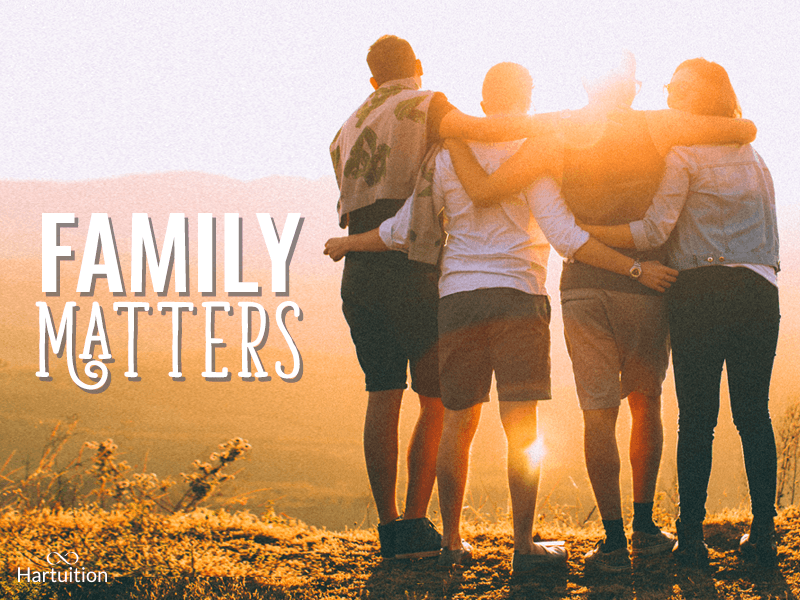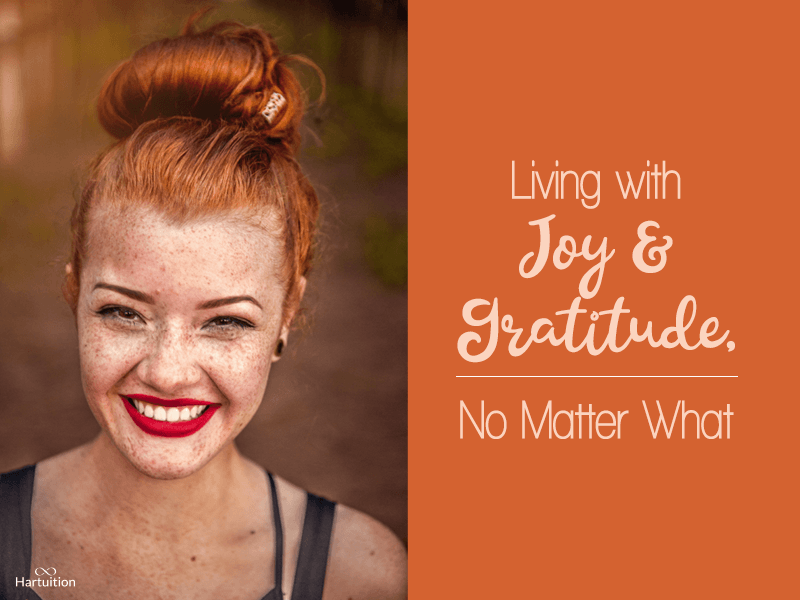“I imagine one of the reasons people cling to their hates so stubbornly is because they sense, once hate is gone, they will be forced to deal with pain.”
James A. Baldwin
Late this past Saturday morning, my 19-year-old son, Evan, informed me that there had been a shooting at a synagogue in Pittsburgh. I was horrified to hear this news and the details that were provided throughout the day. Although I was emotionally torn and disgusted, I knew this was a call for action as a mother and learning opportunity for my children.
I sat down with my teenagers and shared this tragedy along with the news of the bombs that were sent to high-profile Democrats and critics of President Trump.
This wasn’t the first discussion of this kind I’ve had with my children. After all, crimes against humanity are reported daily on the news. But the Pittsburg shooting occurred much closer to home and, as such, affected them more deeply.
The key question they were grappling with:
How can someone have such an extreme hatred for a group of people that he didn’t even know?
Here was how I answered their question.
Blaming others
I believe that fear and love are the two fundamental human emotions from which all other emotions, including hatred, flow.
When we encounter challenges, setbacks and failures, I explained to my teens, we often react with fear and uncertainty. The experience alters our perspective, our emotions, and our actions. That reaction is normal. The question is: how will we respond to the situation?
People who commit atrocious acts often blame others, even people they don’t know, for their difficult circumstances. If allowed to fester, the blame that stems from the fears and uncertainties can easily turn into resentment, anger, and hatred.
Instead of looking outward, in the face of adversity, I challenge my teens to take ownership of their lives. I encourage them to look inwards to see what thought processes, beliefs, and habits might be contributing to their current challenges.
Dehumanizing people
I also explained to my teens that the rage of an individual who’s blaming others for the adversity he faces can take on a particularly ugly colour when the people he blames share common beliefs. These people can become dehumanized. They’re no longer seen as individuals.
Rather, they’re perceived as a collection of enemies. This can lead to prejudiced opinions, racist attitudes, discrimination and, yes, at times violence.
The events that occurred last week are clear examples of this phenomenon. The people targeted with bombs had their lives threatened simply because of their strong Democratic convictions and anti-Trump sentiments. The synagogue shooting was driven by a desire to kill all Jews because “they were committing genocide against his people”.
The shooting, I explained, was a clear example of dehumanization. And its roots were based in fear and underlying pain. We need to see each other not as ‘Us vs. Them’, but rather as distinct, complex individuals – different from each other but united by the same innate need for love and belonging.
Losing sight of your values
Even those of us raised with strong values are vulnerable to the constant influences of social media, 24-hour news, politics, and other forces – all of which have created a growing division among people.
I encouraged my kids to draw upon the strong values that I have instilled in them since they were babies: the importance of remaining open-minded and accepting of people no matter their race, religious affiliation, culture, etc. as long as they respect the rights of others to live their lives the way they choose.
I reminded kids to practice The Golden Rule: the principle of treating others as one’s self would wish to be treated. We all need to practice the Golden Rule daily, to ensure a sense of inclusiveness rather than exclusiveness.
Final thoughts
As adults, we must recognize the tremendous responsibility we have of setting a good example for the young people in our lives. They’re listening to our words and closely watching our actions.
We must practice our righteous values and voice our objections to hateful actions. Only then can we diminish the hateful roar of fearful people who profess false and dehumanizing beliefs and engage in violence against innocent human beings.

